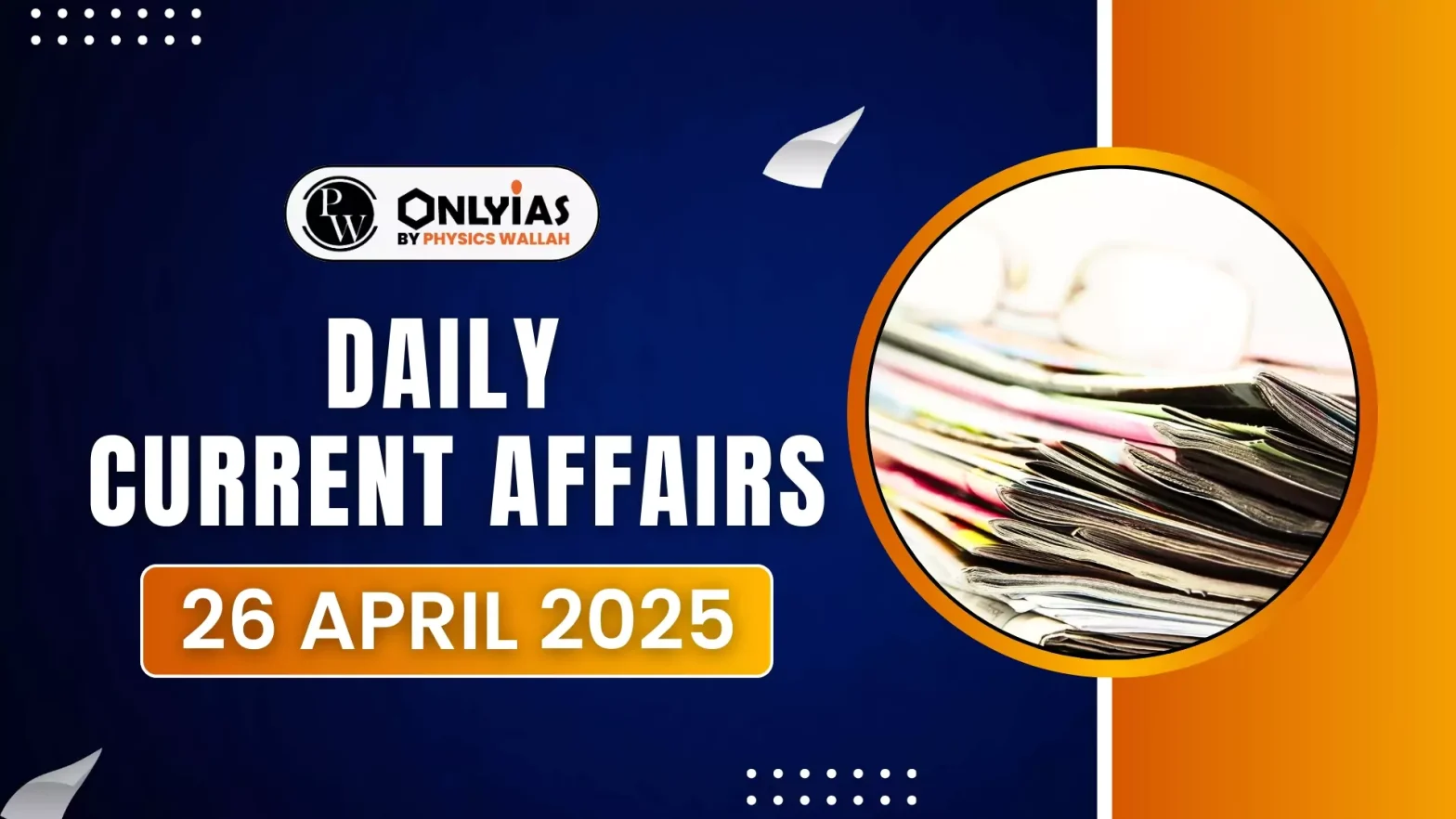The World Social Report 2025 calls for a global policy consensus centered on equity, economic security, and solidarity to address rising insecurity, inequality, and declining trust.
Key Highlights of the World Social Report 2025
- Rising Economic Insecurity: Around 60% of the global population faces economic insecurity, while over 690 million people continue to live in extreme poverty.
About the World Social Report
- Introduction: The World Social Report is the United Nations’ flagship publication analyzing major global social development trends and challenges.
- Published by: The report is produced by the United Nations Department of Economic and Social Affairs (UN DESA), in collaboration with the United Nations University World Institute for Development Economics Research (UNU-WIDER).
- About the 2025 Report: The 2025 edition focuses on the impacts of rising inequality, economic insecurity, and social fragmentation, highlighting urgent policy reforms needed to advance the Sustainable Development Goals (SDGs).
|
- Persistent and Widening Inequality: Income inequality has grown in two-thirds of countries, with the richest 1% holding more wealth than 95% of the global population.
- Fragile Livelihoods and Employment Precariousness: Informal and insecure employment dominates in Africa and South Asia, leading to unstable incomes and heightened vulnerability.
- Declining Institutional Trust: Over half of the world’s people report low or no trust in their governments, worsened by misinformation, disinformation, and governance failures.
- Climate Shocks and Conflicts: In 2024, one in five people faced climate disasters, and one in seven endured conflict, reversing key development gains.
- Policy Gaps and Need for Action: Weak social protection systems, unfair taxation, and underinvestment in public services have widened the development gap between rich and poor nations.
Achievements in the Social Sector (SDGs Impacted)
- Poverty Reduction: Over 1 billion people have been lifted out of extreme poverty since 1995, contributing to SDG 1 (No Poverty).
- Education and Health Improvements: Significant gains in global literacy, life expectancy, and access to essential services have supported SDG 3 (Good Health and Well-being) and SDG 4 (Quality Education).
- Social Inclusion Progress: Efforts to reduce inequalities based on ethnicity, residence, and socio-economic status have shown measurable success, advancing SDG 10 (Reduced Inequalities).
- Acknowledgment of Interconnected Challenges: The report highlights the links between economic, social, and environmental challenges, reinforcing the integrated nature of the SDG framework.
Challenges in the Social Sector
- Persistent Inequality: Despite growth, income inequality is rising globally, reflecting the failure to equitably distribute development benefits.
- World’s richest 1% holding more wealth than 95% of the global population.
- Employment Insecurity: A large share of the global workforce fears job loss, with precarious employment conditions weakening social protection.
- Low Trust and Digital Misinformation: Trust in institutions continues to erode, amplified by digital echo chambers and the spread of misinformation.
- Reversal of Development Gains: Climate change impacts and conflicts are pushing millions back into poverty and undermining previous progress toward SDGs.
Way Forward
- Rebuild Social Contracts: Governments must invest in education, health, decent work, and universal social protection to restore economic security and social trust.
- Promote Fair and Progressive Taxation: Wealth redistribution through fair taxation is critical to reducing inequality and supporting inclusive growth.
- Strengthen Institutions and Governance: Inclusive, transparent, and accountable governance structures are vital to rebuilding citizen trust and achieving sustainable development.
- Enhance Global Cooperation: Multilateral platforms like the Second World Summit for Social Development in November 2025 must be leveraged to drive urgent, coordinated global action.
Conclusion
The report underscores the urgent need for transformative, inclusive policies to break the vicious cycle of insecurity, inequality, and distrust and steer the world back on track toward the SDGs.
![]() 26 Apr 2025
26 Apr 2025
